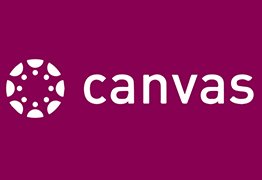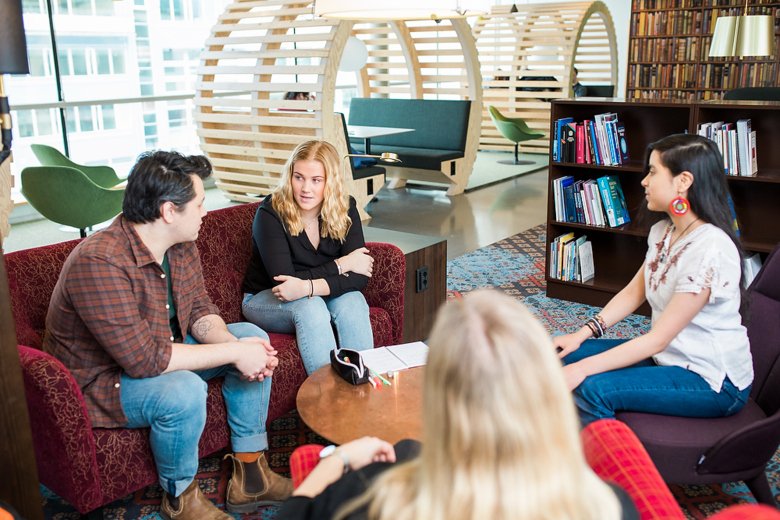For students attending the course Laboratory Animal Science in Theory and Practice (4.5 credits) course code 4TX015
The content of the course Laboratory Animal Science in Theory and Practice is composed to enable the participants to follow the Swedish Legislation regarding the use of animals for scientific purposes.
Syllabus
Course dates
January 27 – February 14, 2025.
Registration
To take part in the course it is required that you register for the course online in Ladok. Find out more about online registration here.
Upon completion of the course the student should be able to meet the defined learning outcomes as defined by the Swedish legislation (Jordbruksverkets djurskyddsföreskrifter och allmänna råd om försöksdjur, L150) and set out in the EU Education and Training Framework for people who undertake experimental minor procedures (EU modules 1-8) involving rodents and lagomorphs. Students will also achieve initial knowledge on the design of animal experiments and good scientific practice in animal research (EU module 9-11).
Specific entry requirements
A Bachelor’s degree or a professional degree worth at least 180 credits in biomedicine, biotechnology, cellular and molecular biology or medicine. English language skills equivalent to English B at Swedish upper secondary school.
For 4TX015, at least the grade “Pass” for the courses Principles of toxicology, Toxicokinetics and Target organ toxicology.
Content
The content of this course (a compulsory course for those carrying out experiments with rodents and lagomorphs without previous qualification) is composed to enable the participants to follow the Swedish Legislation and the EU-Directive 2010/63 EU regarding the use of animals for scientific purposes.
It contains web-based lectures on the requirements of Swedish legislation concerning scientific use of animals, ethical issues, species-specific basic biology, normal behavior of rodents and lagomorphs, handling of animals, husbandry needs, and enrichment, signs of discomfort pain and suffering in rodents and lagomorphs, different methodologies, the basis of disease control and how to implement hygiene in animal housing and experimental work.
The course is divided into three parts
- Laboratory animal science in theory
A theoretical web-based part. - Practical Part
Demonstration of handling of rodents - Project work
Ethical applications are evaluated, focusing on the 3R in smaller groups and presented orally by the team.
Teaching methods
Lectures, group assignments, e-learning and a practical part.
Schedule
Examination and compulsory participation
Laboratory animal science in theory: The examination consists of a written examination. Graded Fail/Pass/Pass with distinction.
Practical Part: The student's performance and attitude. Graded Fail/Pass.
Project work: The examination consists of oral presentation and discussion/opposition. Graded Fail/Pass.
The course grade is based on part Laboratory animal science in theory. To pass the course, a grade pass is required for all parts.
Contact
Johannes Wilbertz
Course DirectorAnne-Kristine Adeklev
Course CoordinatorCourse documentation

Log in to Canvas
Once you are admitted to the programme you may log in to Canvas for more information.

Student at KI
Here you can find all the information you need for your studies.
